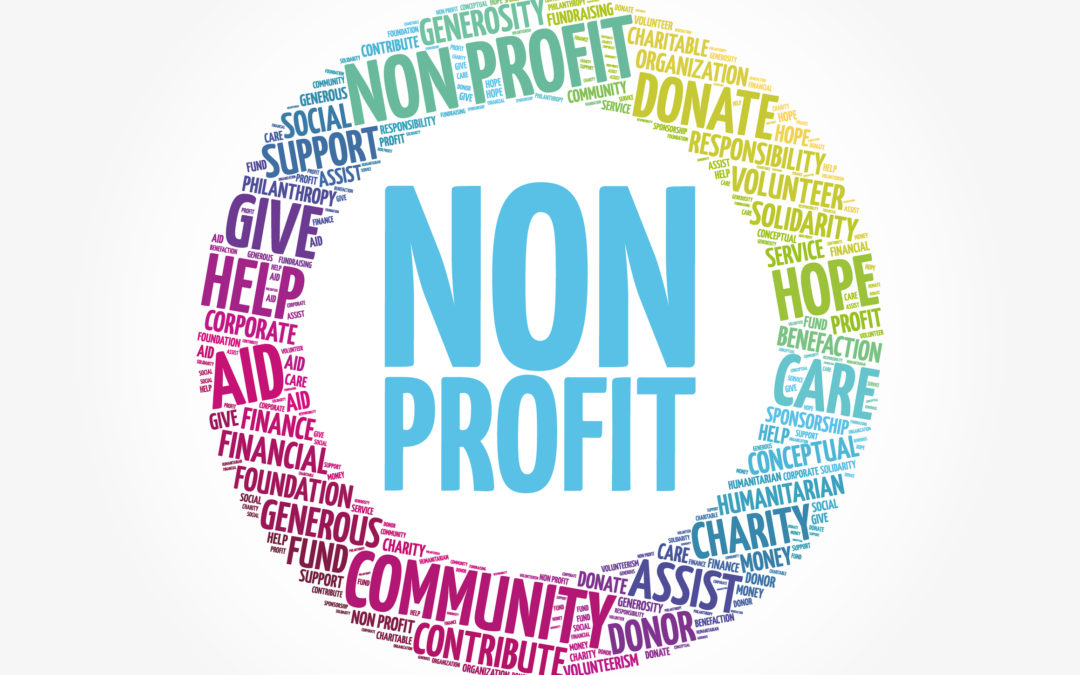Given the shoestring budget on which many nonprofits operate, a single large and unexpected expense could lead to financial ruin. So, getting the right insurance to guard against the biggest (or worst) risks is a wise move for nonprofits. Here’s a rundown of the types of insurance that may be best for your nonprofit.
General Liability Insurance
A general liability policy insures your nonprofit organization against classic slip-and-fall scenarios. (It’s sometimes also called a “commercial general liability” or “CGL” policy.) Your nonprofit will be covered for damages that it’s ordered to pay to someone (such as a visitor, customer, supplier, or associate) who is injured on the organization’s property. These kinds of policies don’t apply to the nonprofit’s employees, who are covered separately by workers’ compensation insurance.
Property Insurance
Whether you own or rent the space your nonprofit occupies, consider what your organization might lose in the event of a fire, earthquake, vandalism, storm, or similar event. Then, buy property insurance that covers those risks, making sure it covers not only the building (if your organization owns it) but any:
• fixtures (such as lighting systems or carpeting)
• equipment and machinery
• office furniture
• computers and accessories (monitors, CD-ROM drives, modems, printers, and so forth), and
• inventory and supplies.
Most basic policies will cover these items — but at what dollar amount? Make sure the policy covers the cost to actually replace the property, instead of paying its market value as a used good immediately before the damage.
Ask your agent to carefully explain your deductible (how much your organization will be out of pocket before the insurance kicks in) and what types of losses or property damage will not be covered under the policy.
Auto Insurance
If your staff or volunteers use any vehicles (including their own) for your nonprofit’s activities, auto liability insurance is a must. In fact, your state may require you to purchase a minimum amount of coverage. The insurance will pay for injuries a driver causes to other people or property while carrying out your organization’s business. Your state’s law may also require additional auto insurance, including personal injury protection (PIP) and uninsured/underinsured motorist (UM/UIM) coverage.
Product Liability Insurance
If your nonprofit sells products to the public — for example, you raise funds by selling baked goods, or your artist-clients create and sell sculptures out of recycled products — consider buying product liability insurance. It will protect your organization from lawsuits by customers claiming they were hurt by an unsafe or defective product you provided.
Directors and Officers Insurance
Your nonprofit’s board of directors and officers (many of whom are volunteers) could be personally named in a lawsuit against your nonprofit alleging fraud or financial mismanagement. In such a case, you’d want directors and officers (D&O) insurance to cover the cost of defending the directors and officers and pay any resulting monetary damages.
As with any insurance coverage, it’s important to understand what kinds of claims are and aren’t covered by a D&O policy. Typical exclusions include damages arising from criminal or fraudulent behavior and claims brought by one director against another. But make sure your policy doesn’t exclude employment-related claims, which are the most common ones filed against directors and officers.
Professional Liability Insurance
Similar to D&O coverage, professional liability coverage (also sometimes called “errors and omissions” or “malpractice” insurance) protects against liabilities resulting from mismanagement of the organization, as well as workplace-related claims such as discrimination or sexual harassment. It covers not only directors and officers but also staff, volunteers, and the nonprofit organization itself.
Workers Compensation
If your organization has employees, you’ll need additional insurance. Both state and federal insurance requirements will apply, typically mandating that you pay for workers’ compensation and unemployment insurance, and possibly for disability insurance as well.
The reality is that claims against nonprofit organizations can and do happen – and more often than you might think. Payouts can be high, and claims come with additional risk to the nonprofit’s reputation.
Source: https://www.nolo.com/legal-encyclopedia/insurance-types-for-nonprofits-32393.html and https://www.boardeffect.com/blog/do-nonprofits-need-liability-insurance/

